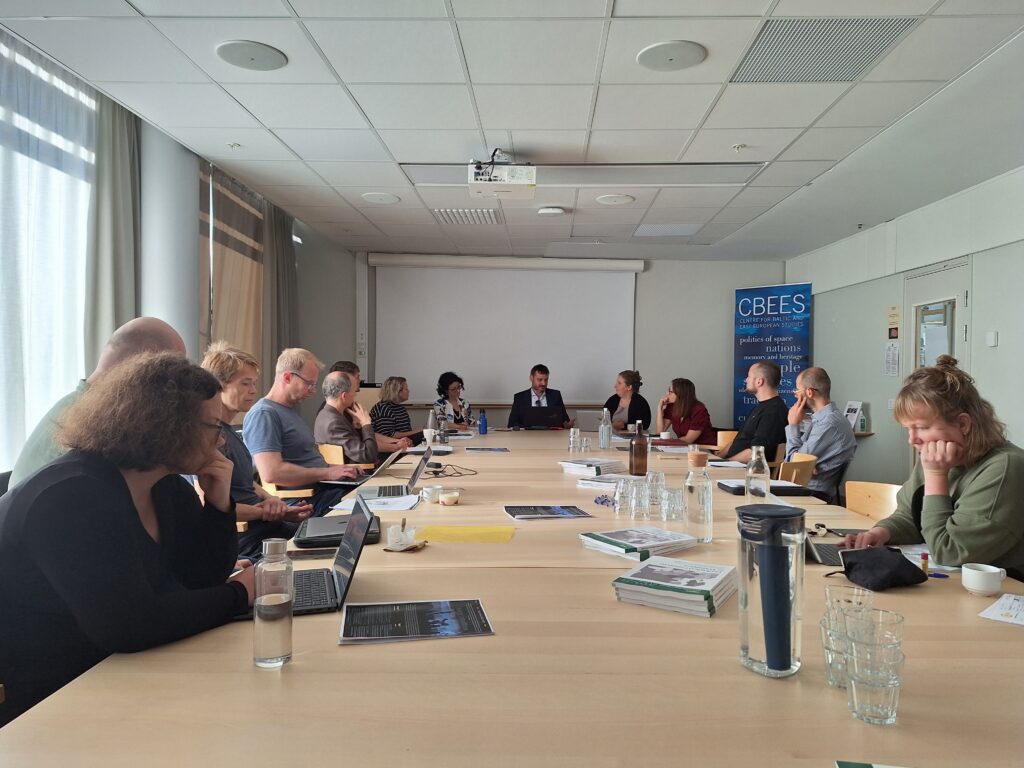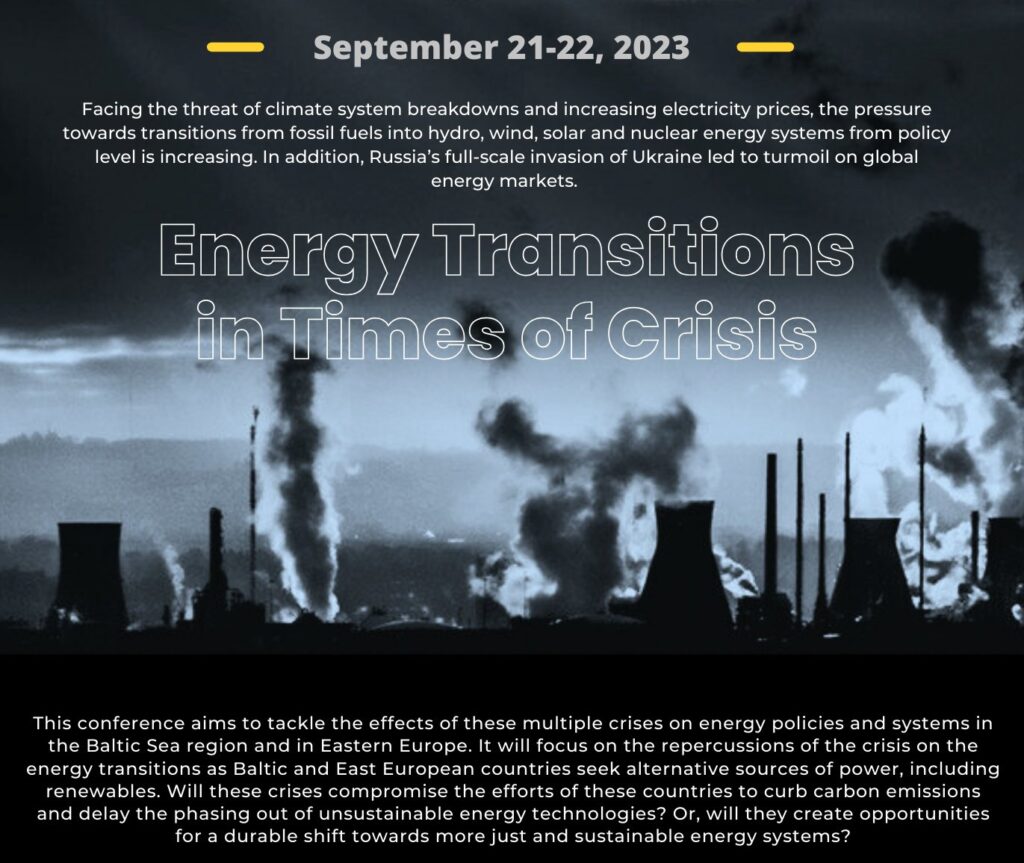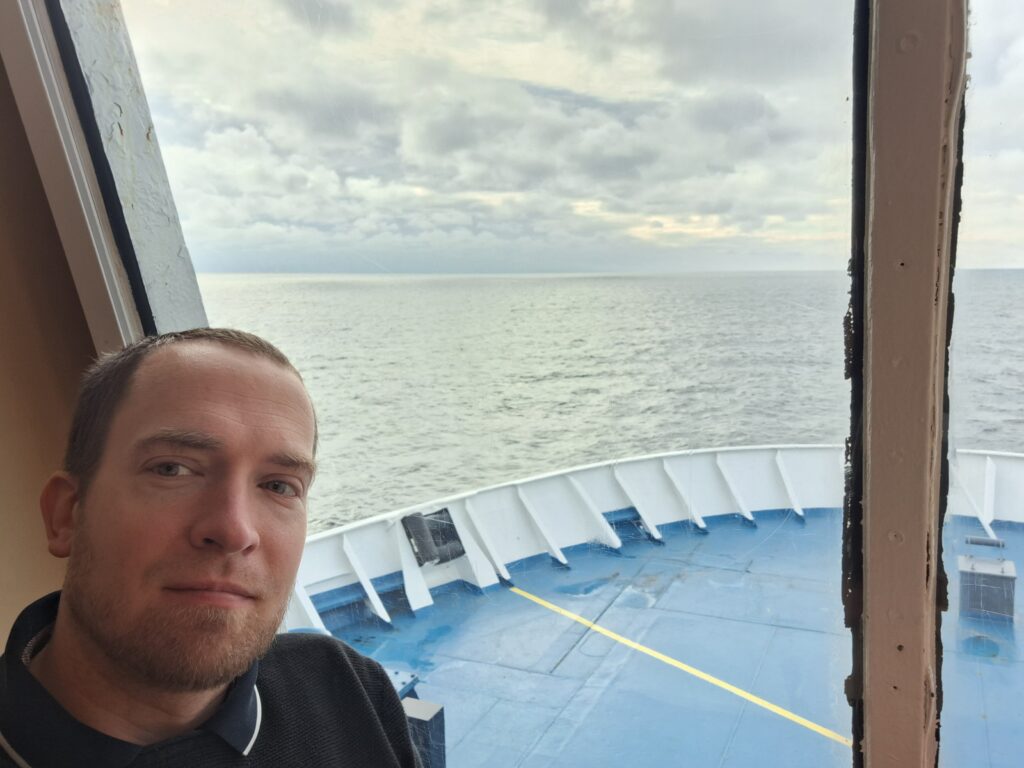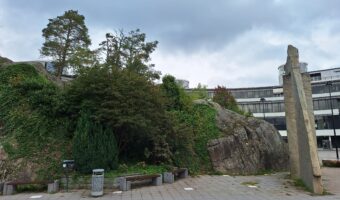The conference event, organized between the 21st and 22nd of September by the Center for Baltic and East European Studies at the Södertörn University, gathered researchers from this geographic area to discuss papers and ideas related to energy transition without PowerPoint slides.
The two-day conference commenced with keynote speakers. On the first day, Professor Jessica Jewell from Chalmers University of Technology in Gothenburg presented the feasibility of decarbonization in the context of climate goals and the history of low-emission technology adaptation across different countries. On the second day, Professor Per Högselius from the KTH Royal Institute of Technology in Stockholm delivered a lecture on the long-term processes shaping resource trade relations between Western countries and Russia.


During the conference, participants emphasised policies concerning nuclear energy in Europe and the shift away from fossil fuels, including coal, gas, and peat, within the framework of implementing ETS-2 (Emissions Trading System) and the associated socio-cultural challenges for local communities. Heated discussions ensued between critical voices, highlighting the injustices of renewable technology adaptation and proponents advocating for swift, difficult decisions primarily driven by security and geopolitics.

Jan Frankowski presented the process of phasing out coal in Polish households and shed light on the unforeseen consequences of this transition.
The choice of Stockholm as the conference location also allowed us to reach the destination by the Baltic Sea.

